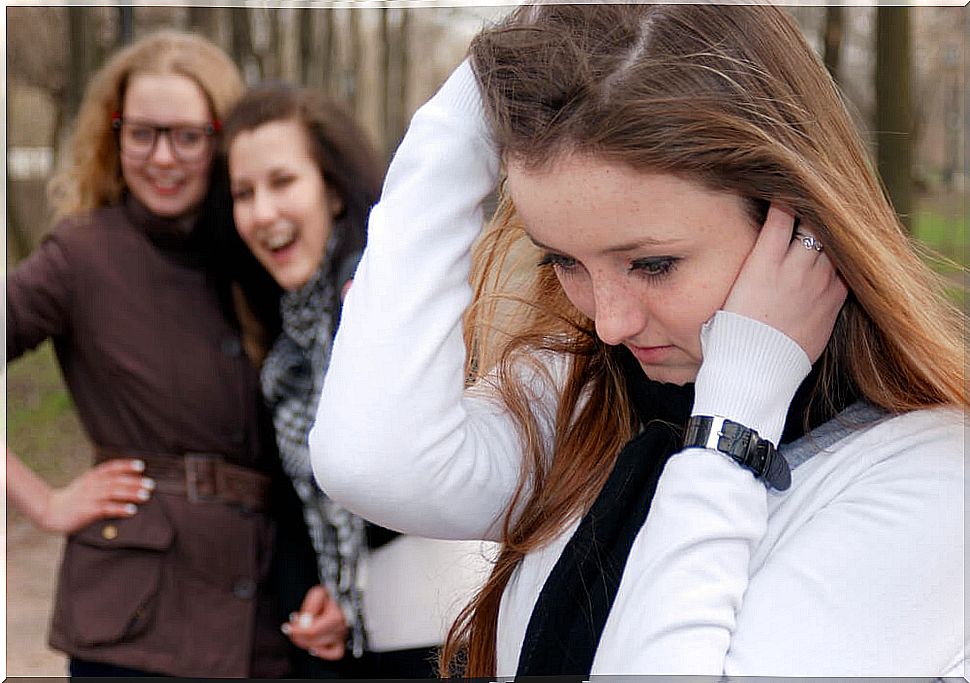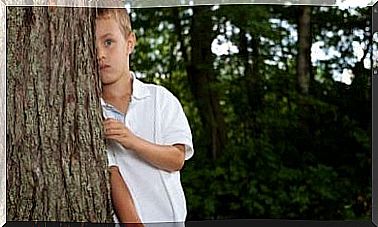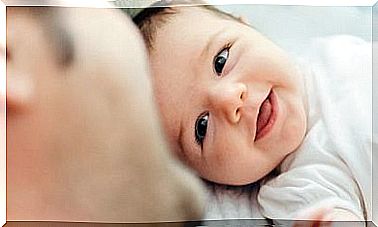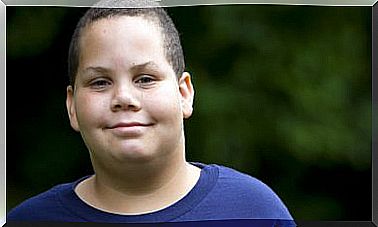Toxic Friendships In Adolescence

To what extent are toxic friendships in adolescence dangerous? By “frenemies” or toxic friendships are understood those people who are part of your life and with whom you maintain a good relationship, and even enjoy their company, but who give you hurtful comments, criticize what you do or your tastes, among others.
Surely, these people show that they are happy about your achievements, but they will always want to be above you. I mean, they don’t want you to be better than them. And, when comparing both achievements (in the best of cases) they will downplay yours and praise theirs.
Why are toxic friendships in adolescence so harmful?
Adolescents are in a stage in which an important task of vital development is presented: the conformation of identity. In addition, emotions and social opinion play an important role during this stage, which increases the vulnerability of adolescents.
For a teenager, a “frenemy” or toxic friendship can be highly damaging. Their perception of themselves is largely shaped by the opinions they receive from the environment.
Remember that, for a teenager, the opinion of his friends is of great importance. Therefore, the adolescent’s self-concept of himself will be shaped, in part, by the opinions and comments that his friends refer to them.

If a teenager hears contempt for himself on a daily basis from what he considers his best friend, his self-concept will suffer. Toxic friends lower the individual’s self-esteem and consequently manage to create a miserable self-concept and a poor sense of self-worth.
How do I help my child cope with toxic friendships?
Talk about what a healthy and positive friendship means.
Perhaps, a teenager who is in a group of toxic friends does not know what a positive friendship is. That is, he does not know how to be in a healthy relationship with friends and he is satisfied with what he now has.
A healthy and positive friendship means mutual respect and support. A good friend is one who speaks to you sincerely, but from the desire to help you. He wants you to progress, to be the best version of yourself. In other words: it positively influences you.
Encourage him to expand his social circle
Many are the experts who affirm that socializing and meeting people is very healthy. Sociologist Robert Faris argues that social interaction is essential for the development of a normal personality.
However, it is not about your child building a large number of close friendships; it is enough to remember the sayings “friend of many, friend of none” or “quality is better than quantity” .
Rather, it s and tries to discover other environments, other personalities and other ways of relating. As you meet and establish new friendships, you will automatically compare new relationships with old ones.
Avoid criticizing your friends
It is advisable not to interfere directly in your child’s relationship with his toxic friends. He must be the one who decides to end his friendship with his toxic friend and, ultimately, the one to confront that friendship.
If you forbid your child to go out with his friends or criticize them, it may make the situation worse. You can cause the opposite effect: that your child feels even more attached to that toxic friendship or “frenemy”.
Help him manage and deal with his toxic friends
It may happen that, although your child recognizes and is aware that his toxic friend really makes him feel bad, deep down he does not want to lose that friendship, either because they go to class together or because they have been friends since childhood.

In this case, before resorting to nipping the relationship with the friend in the bud, you can try to learn how to deal with this toxic friendship. To do this, the adolescent must know how to maintain an emotional distance from criticism and contempt, or develop assertiveness to know how to tell his friend that he does not like his behavior.
Ultimately, this will help you develop valuable life skills such as conflict resolution, assertiveness, and problem solving. Although, as parents we want to remove those people who are harmful to our children, we must respect their decision not to break that friendship.
The important thing about toxic friendships in adolescence is that your child is aware of how harmful that friend can be to him. Knowing how to keep your distance, not allowing yourself to be manipulated and knowing how to face that relationship in the healthiest way possible.










